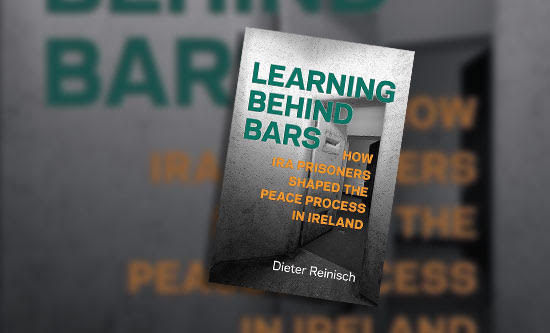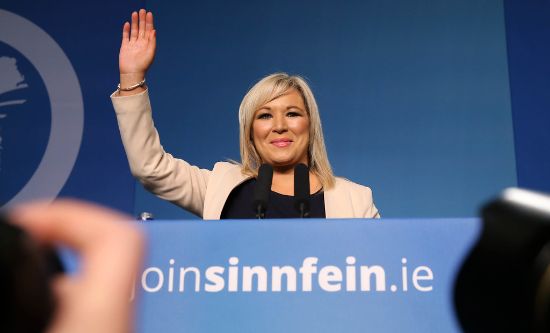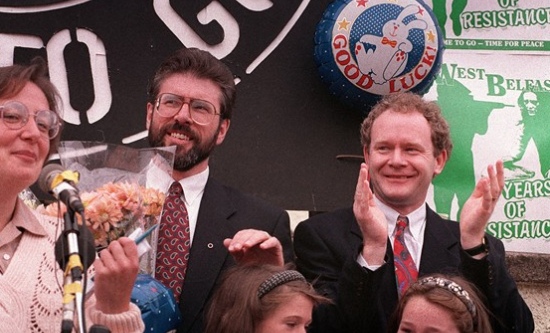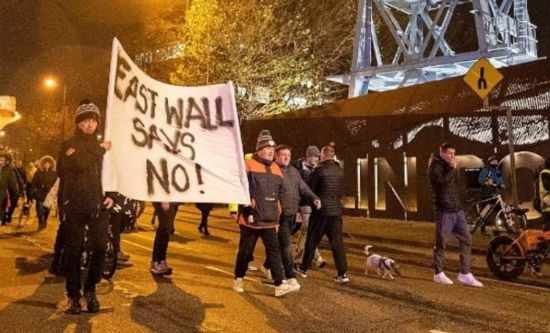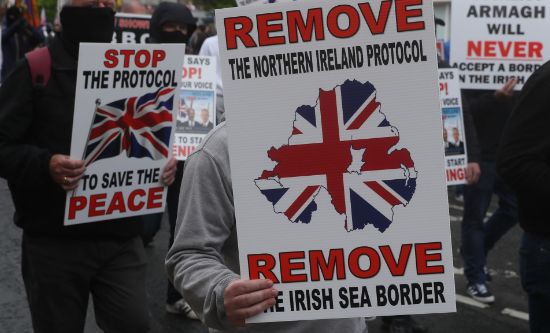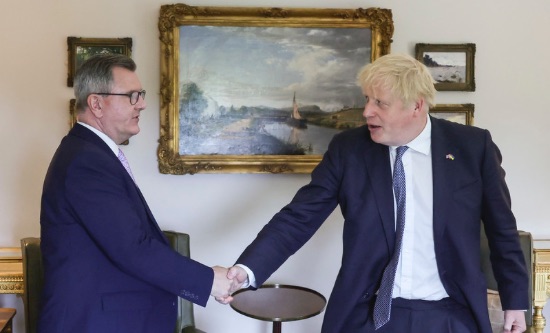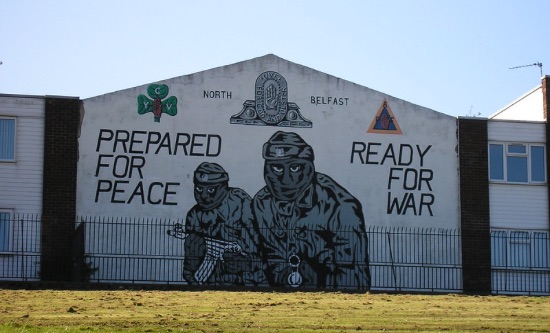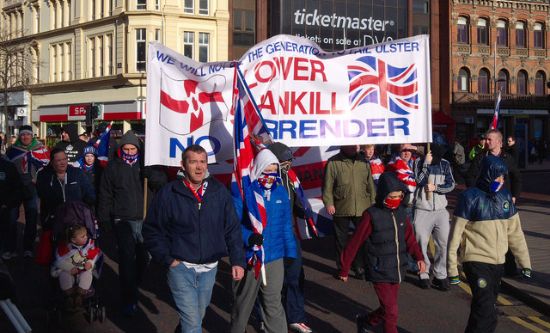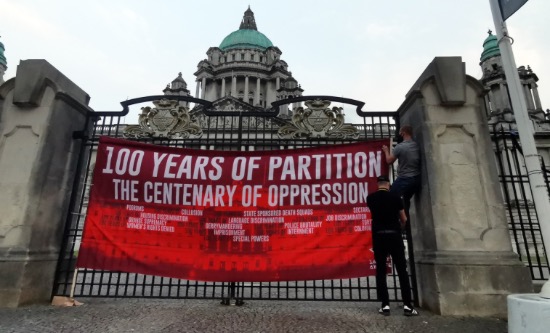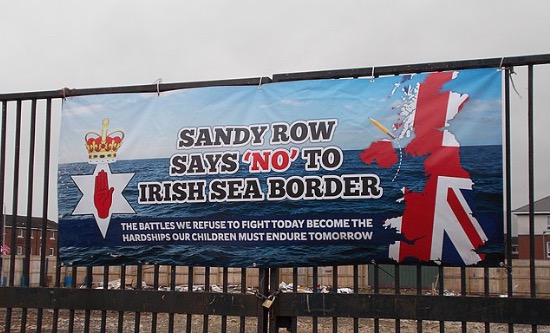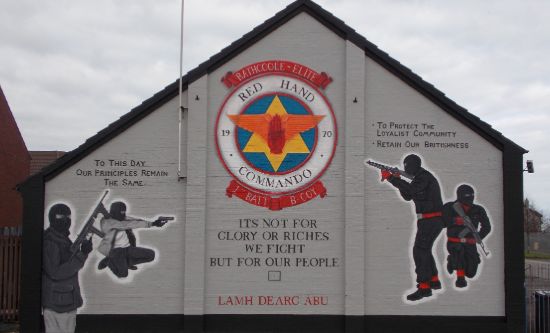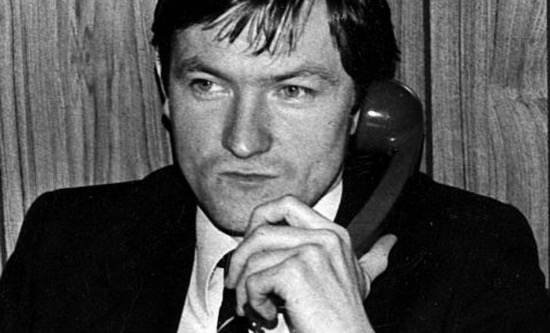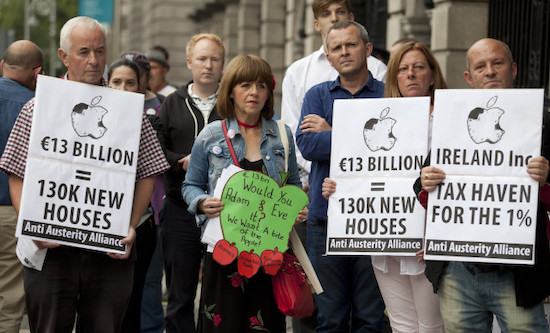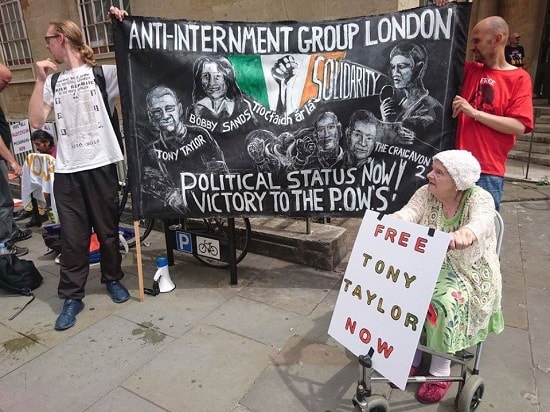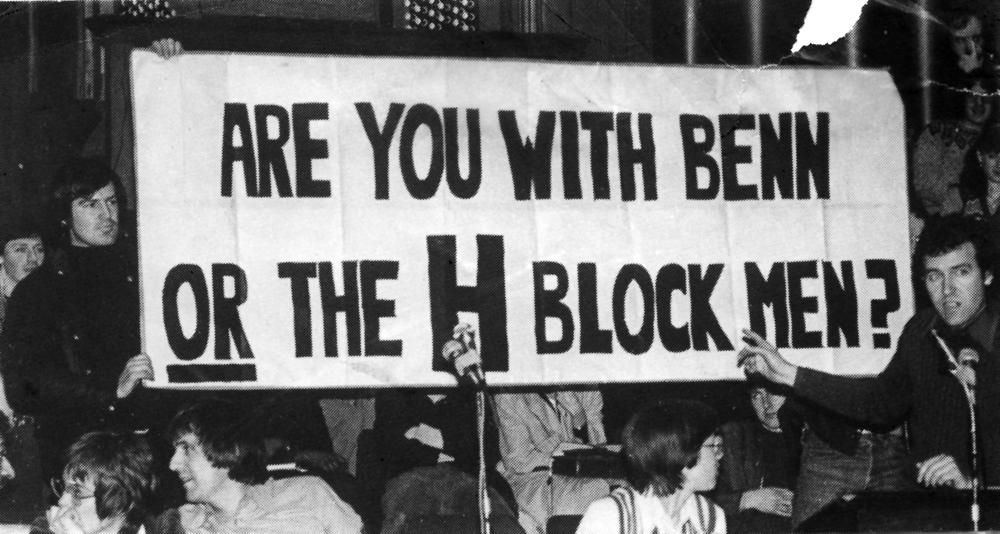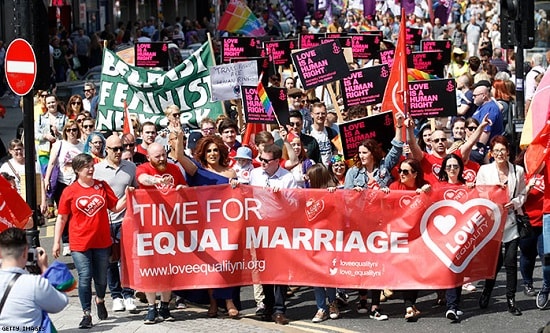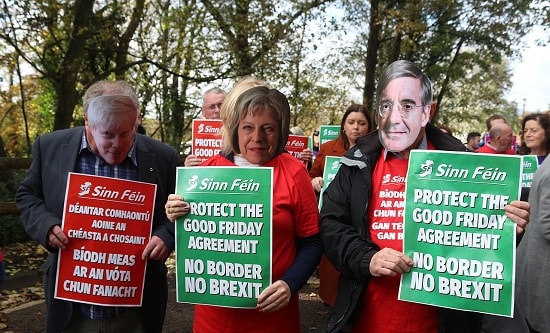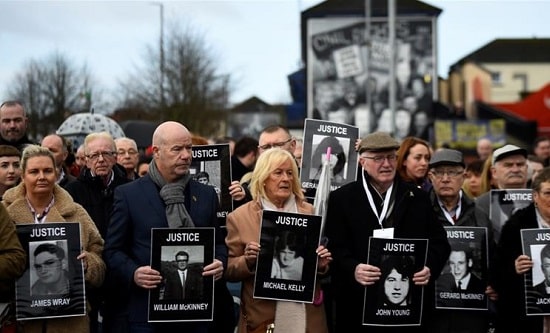- Details
-
Created: Monday, 03 April 2023 10:12
-
Written by David Yaffe
On 10 April, the mainstream media, assorted British prime ministers from over the last three decades and President Biden of the United States were united in hailing the Good Friday Agreement as a 'remarkable' and 'historic' moment that marked the the end to conflict in the north of Ireland. In reality the document, signed 25 years ago by Republican and Unionist parties alongside the leaders of Britain and the Irish Republic, marked a final capitulation by the leadership of the Republican movement and the political defeat of the nationalist working class. It consolidated the Unionist veto and the control of British imperialism over the whole of Ireland. The article below, first published in 1994, explains how the movement ended up there.
FRFI 121 October / November 1994
On 31 August the Irish Republican Army announced 'a complete cessation of military operations from midnight'. The latest phase of armed struggle to achieve Irish self-determination had ended after 25 years of bitter protracted struggle. DAVID REED analyses the background to these dramatic events.
The Adams leadership of the Republican Movement had persuaded the IRA to take the path of 'a democratic and peaceful settlement' of the North of Ireland conflict. The struggle for Irish self-determination is to be pursued in the future by constitutional means and peaceful negotiations.
Read more ...



